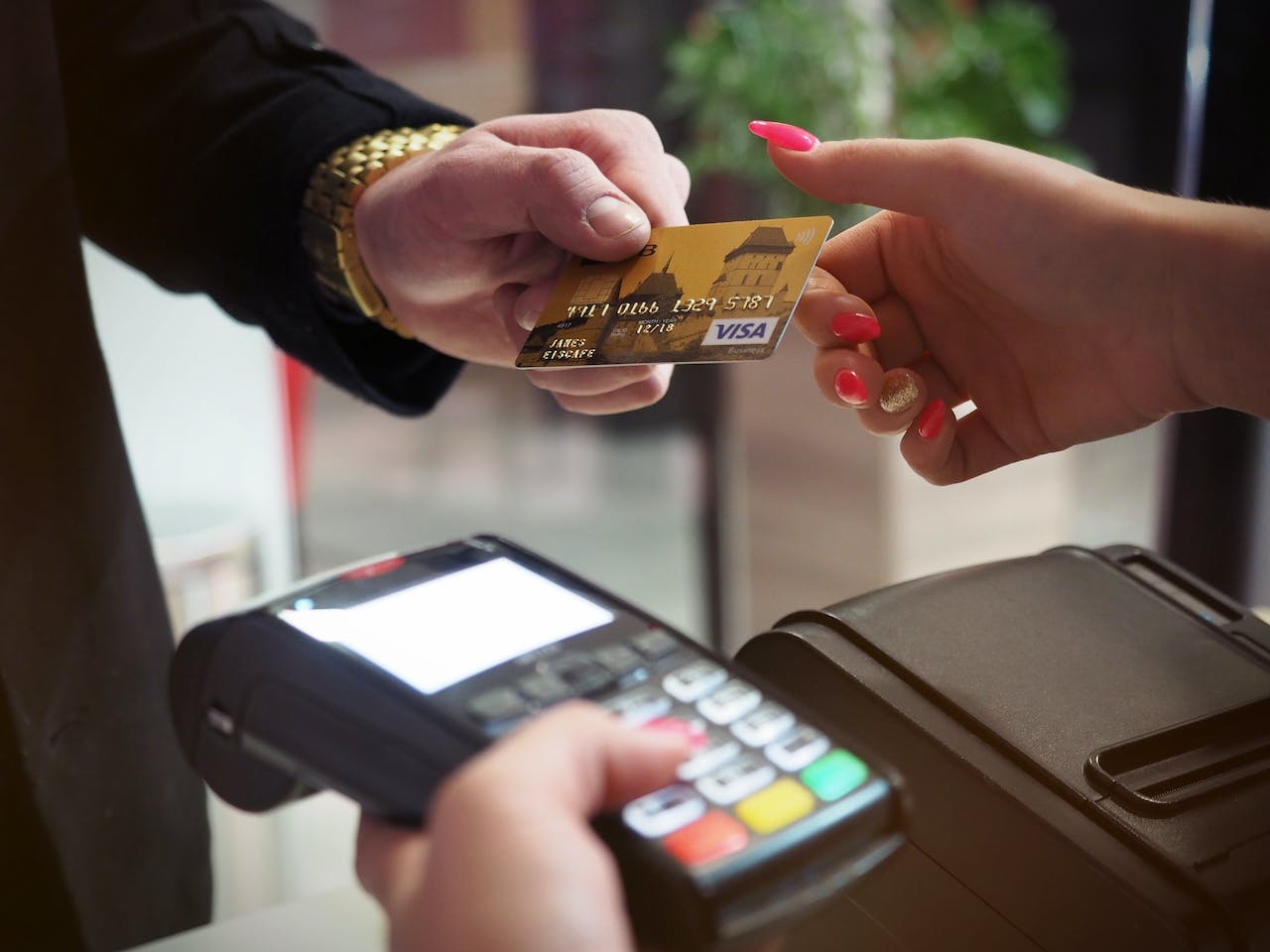Why Credit Cards Aren’t Ideal for Emergencies
Credit cards aren’t the knights in shining armor when it comes to covering unforeseen expenses. Their soaring interest rates, in comparison to other borrowing options, render them an impractical choice for emergency financing. Financial advisors, echoing a chorus of caution, suggest maintaining a zero balance whenever plausible.
Paying just the minimum amount on credit card dues provides a minimal reprieve. Nonetheless, these payments barely scratch the surface of the actual debt. As time stretches, the accruing interest amplifies the financial burden, compounding daily and taking a hefty toll on your wallet.
Consider a scenario where you aim to settle a $5,000 debt on a card with a 22.7% interest rate within a year. Your monthly payments would approximate $469, encompassing a staggering $636 in interest over the year, as per Bankrate’s calculations. Doubling the payback period to 24 months would halve the monthly payment to $261 while inflating the total interest to a whopping $1,267—more than a fifth of the initial sum.
David Haas, a seasoned certified financial planner, asserts, “A credit card is not an emergency fund nor a ticket to spend beyond your means. Strive to clear your credit card balance in full every month.”
Building an Emergency Fund: The Ideal Solution
An alternative to credit card reliance during emergencies is the establishment of an emergency fund, advises Haas. This cash reservoir, typically equivalent to three to six months of living expenses, stands as a buffer against sudden financial shocks, endorsed by financial gurus worldwide.
Starting an emergency fund while tackling high-interest credit card debt might seem daunting. Nonetheless, financial advisors propose practical measures to alleviate this predicament.
John Cooper, a seasoned CFP, suggests engaging your credit card company to negotiate a reduced interest rate or request waivers on late fees and payment pauses. Additionally, exploring the realm of balance transfer credit cards could offer respite. These cards permit transferring existing balances to a new card boasting promotional interest rates of 0%, often spanning up to 21 months—a considerable timeframe to chip away at debts.
Exploring Debt Consolidation and Personal Loans
Debt consolidation emerges as another viable avenue. This entails merging multiple credit card debts into a single personal loan, typically bearing lower interest rates than credit cards. Streamlining debts through consolidation might render repayment more manageable, especially if juggling multiple outstanding balances.
However, the catch with personal loans lies in securing favorable rates, contingent upon a robust credit score. Moreover, certain loans, tagged as “secured,” hinge on collateral, such as property or vehicles. Defaulting on payments could potentially jeopardize these assets.
FAQs on Credit Card Debt and Emergency Expenses
1. What are the primary reasons for credit card debt due to emergency expenses?
- The most common reasons for credit card debt stemming from emergencies include unexpected medical bills and essential expenses like car or home repairs. These sudden costs often push individuals towards using credit cards for immediate payment.
2. Why shouldn’t I use credit cards for emergency expenses?
- Credit cards tend to carry high-interest rates, making them an expensive option for long-term debt. Continually carrying a balance incurs substantial interest charges, amplifying the overall debt burden significantly.
3. Is it advisable to pay only the minimum amount on my credit card balance?
- While paying the minimum amount is better than defaulting, it barely covers the interest accrued. The longer you take to clear the balance, the more interest accrues, elongating the repayment period and increasing the total debt.
4. How can I minimize interest costs on credit card debt?
- Aim to pay off credit card balances in full each month to avoid interest charges altogether. Negotiating lower interest rates with your credit card company or exploring balance transfer cards with promotional 0% interest periods are also viable strategies.
5. What’s the significance of an emergency fund?
- An emergency fund acts as a financial safety net, providing immediate access to cash for unexpected expenses. Typically, financial advisors recommend accumulating savings equivalent to three to six months’ worth of living expenses.
6. Can I build an emergency fund while paying off high-interest credit card debt?
- It’s challenging but possible. Prioritize clearing high-interest debt while simultaneously setting aside small amounts to gradually build your emergency fund. Every bit saved contributes to your financial security.
7. What options exist to alleviate credit card debt burden?
- Negotiating for reduced interest rates, requesting waivers on late fees, and exploring balance transfer cards with promotional rates are effective approaches. Debt consolidation through personal loans might also streamline repayment.
8. How do personal loans differ from credit card debts?
- Personal loans usually carry lower interest rates compared to credit cards. They allow consolidation of multiple debts into a single loan, potentially making repayments more manageable, contingent upon a good credit score.
9. Can I safeguard assets while using secured personal loans for debt consolidation?
- Secured loans, backed by collateral like property or vehicles, carry the risk of asset loss if payments are defaulted. Ensure timely repayments to protect your assets while consolidating debts.
10. What’s the best long-term strategy to avoid credit card debt due to emergencies?
- Establishing and consistently contributing to an emergency fund serves as the primary defense against reliance on credit cards during unforeseen expenses. Simultaneously, practicing prudent financial habits like budgeting and spending within means aids in long-term debt prevention.
Tags: credit card debt, emergency expenses, high-interest rates, financial planning, debt consolidation, personal loans, emergency fund, credit card interest, financial advice, balance transfer cards










